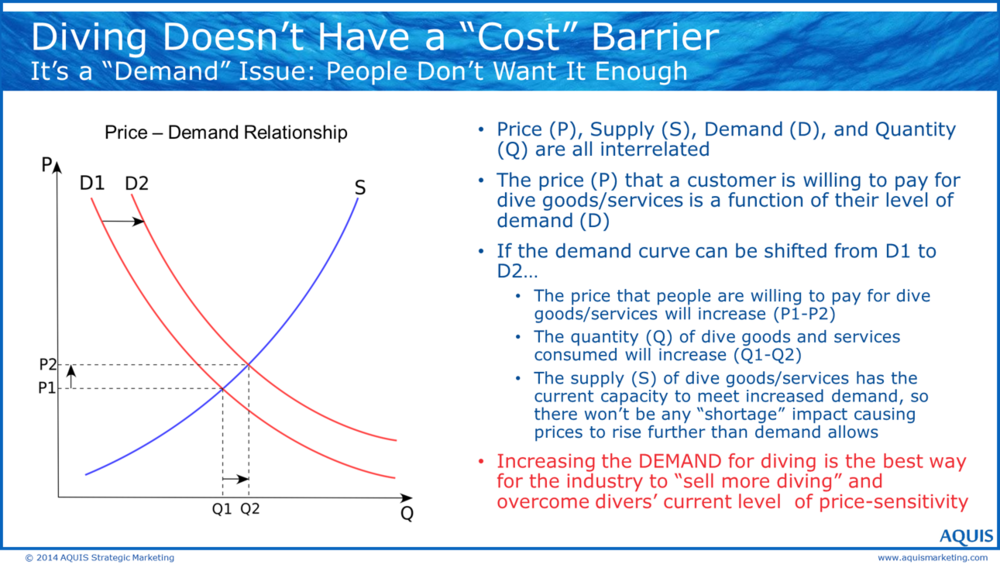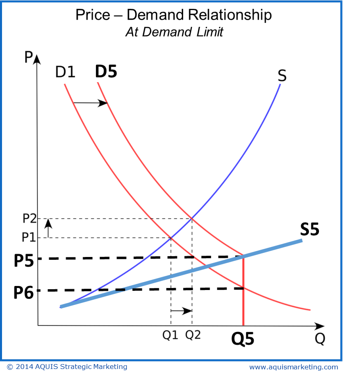Yes, that was actually the reality of it, you needed the right product to learn how to use it, and the main reason I did the course was because I was a novice.
I hear your point, but see it from the other side as well, no one wants to waste their time trying to teach people who really dont have an interest in learning to dive, or just see it as a sort of "try out" because theres no profit in that.
For those who want to test the water as it were, there are specific "discover scuba" type courses designed for this, they can try out there, but signing on a full course just because its dirt cheap and you can just walk away if it doesn't suit you is grossly unfair to those giving up their time and energy to teach you.
Any instructor will tell you its so much more stimulating when the folk sitting there in front of you have an investment in learning, and they are getting fair remuneration for their time and experience, no body I know works for free and teaching a dive course IS work, surely there should be fair compensation?
I always think of the analogy of learning to fly and learning to dive, learning to fly an aircraft properly is important because if you dont get it right you could quite possibly die, much the same as diving, yet, I dont see the aviation industry cutting their tuition fees to 99 bucks and shortening their courses.
Now I know you took the course seriously and it worked out good for you, so please dont think I am been belligerent, thats not my intention at all and I do hear your point, but I dont believe the industry can survive, prosper and train competent divers on 99 buck courses.






